
Post by : Soumya Jit
Money is one of the most powerful tools in our lives. It pays our bills, buys our food, supports our dreams, and gives us peace of mind. But the truth is, many people earn money yet still feel financially unstable because they don’t manage it well. Financial security is not about how much you earn; it’s about how wisely you handle what you have.
If you’ve ever found yourself wondering where your paycheck disappears every month, or if you worry about unexpected expenses, then you’re not alone. The good news? Managing money doesn’t require advanced financial knowledge or complex tools. With a few simple tricks, you can control your money instead of letting it control you.
This article will walk you through practical money management tricks—from budgeting and saving to investing and avoiding debt traps—so you can build long-term financial security.
Budgeting isn’t about restrictions; it’s about freedom. A budget helps you know exactly where your money goes and ensures you have enough for the things that matter most.
Popular Method: The 50/30/20 Rule
50% Needs: Rent, groceries, transport, bills.
30% Wants: Dining out, shopping, entertainment.
20% Savings & Debt Repayment: Emergency fund, investments, or loan payments.
Pro Tip: Use free apps like Mint or a simple spreadsheet to track your spending automatically.
Life is unpredictable—medical emergencies, car repairs, or sudden job loss can drain your savings if you’re not prepared. An emergency fund keeps you safe.
How much to save? Aim for 3–6 months’ worth of living expenses.
Where to keep it? In a high-interest savings account, separate from your regular bank account.
Pro Tip: Start with small goals—like saving $100 a month—and build slowly.
Ever checked your bank statement and wondered, “Where did all my money go?” The answer lies in small, unnoticed purchases. Daily coffee, snacks, and online subscriptions add up.
Simple Trick:
Write down or use an expense-tracking app.
Review at the end of the week to spot unnecessary spending.
Example: Cutting a daily $5 coffee saves you $150 a month—that’s $1,800 a year!
Most people spend first and save later—if anything is left. Flip the habit: save first, spend later.
Set an automatic transfer to savings the moment your paycheck arrives.
Even 10% of your income invested consistently can create huge wealth over time.
This small shift changes your financial life because you start treating savings as a non-negotiable bill.
Credit cards are convenient, but if not managed well, they become financial nightmares. The high interest rates (20–40%) can quickly snowball debt.
Money-Smart Tips:
Pay the full balance before the due date.
Avoid buying things you can’t afford in cash.
If you already have debt, use the “snowball method” (clear small debts first) or the “avalanche method” (clear high-interest debts first).
Financial security isn’t about earning more—it’s about spending wisely.
Ways to shop smart:
Compare prices online before buying.
Take advantage of sales, cashback apps, and discount codes.
Cancel unused memberships or subscriptions.
Buy quality over quantity to save in the long run.
Real Example: If you’re paying $40 per month for multiple streaming services but only use one, cancel the rest and save $480 a year.
Saving alone won’t make you wealthy—because inflation eats into your money. Investing is how you grow your wealth.
Safe options: Certificates of Deposit (CDs), government bonds.
Long-term growth: Mutual funds, index funds, or ETFs.
Retirement plans: Start a 401(k) or IRA early.
Example: If you invest just $200/month at 10% annual growth, in 20 years you’ll have over $137,000.
As income increases, many people upgrade their lifestyle—bigger houses, fancier cars, expensive gadgets. While this feels good in the short term, it delays financial security.
Trick:
Keep your lifestyle stable even when income rises.
Increase savings whenever you get a salary hike.
Remember: Wealthy people don’t look rich, they stay rich.
Relying on a single salary is risky. A sudden job loss can shake your finances.
Ideas to Diversify Income:
Freelancing (writing, design, coding, etc.)
Side businesses (online store, dropshipping, tutoring)
Passive income (stocks, real estate, digital products)
Even an extra $500/month can strengthen your financial security massively.
Insurance may not seem exciting, but it’s one of the smartest money management tools.
Health Insurance: Covers hospital bills.
Life Insurance: Protects your family if something happens to you.
Disability Insurance: Ensures income if you can’t work.
Without insurance, one medical emergency can wipe out years of savings.
One of the hardest parts of money management is resisting social pressure—friends planning expensive trips, family asking for loans, or the temptation of luxury shopping.
Trick: Ask yourself—“Will this purchase bring me long-term happiness or short-term satisfaction?”
Money management isn’t “set and forget.” Your financial needs change as life changes—new job, marriage, kids, retirement.
Review your budget monthly.
Rebalance your investments yearly.
Adjust goals as your priorities shift.
Financial security doesn’t come from earning a fortune—it comes from consistent, smart money habits. By budgeting, saving before spending, avoiding unnecessary debt, and investing wisely, you can create a safety net for yourself and your family. Remember: it’s the small, everyday choices that shape your financial future. Start today—your future self will thank you.
1. How much of my salary should I save each month?
At least 20%—but even 5–10% is a great start if money is tight.
2. Is investing risky for beginners?
Yes, but risk can be managed. Start with mutual funds or ETFs rather than individual stocks.
3. Do I need an emergency fund if I already have insurance?
Yes. Insurance covers specific risks, but an emergency fund helps with unexpected daily costs.
4. How do I stop impulse spending?
Use the 24-hour rule: wait a day before making non-essential purchases.
5. What’s the best age to start investing?
The earlier, the better. Even small investments in your 20s grow massively over decades.
6. Can budgeting apps really help?
Yes. They give you visibility, set reminders, and make tracking effortless.
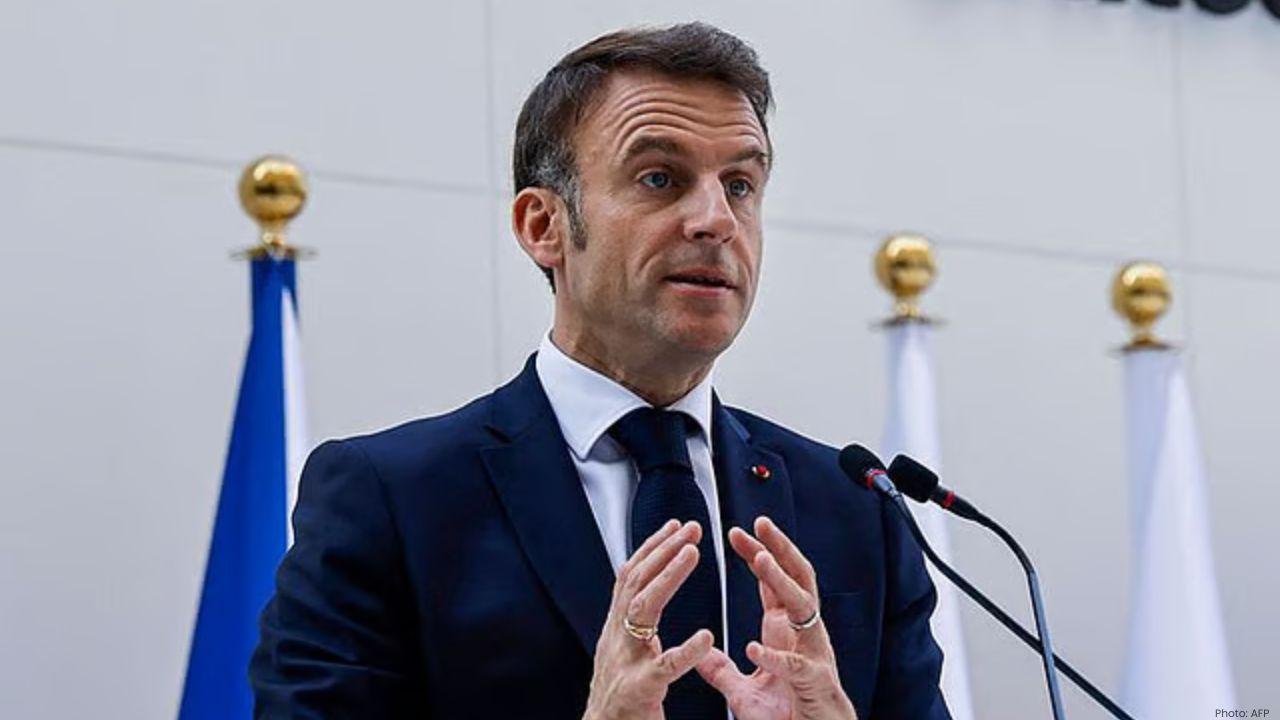
France in Crisis: PM Bayrou Resigns Amid Political Turmoil
France faces political unrest as PM François Bayrou resigns after losing a confidence vote, leaving

IGCF 2025 in Sharjah: Global Leaders Unite for Better Life
IGCF 2025 begins at Expo Centre Sharjah, uniting 237 speakers to discuss food, health, education, su

Sandro Tonali Scores Injury-Time Winner as Italy Beat Israel
Italy snatched a thrilling 5-4 win over Israel in World Cup qualifiers with Sandro Tonali scoring a

Sandro Tonali Scores Injury-Time Winner as Italy Beat Israel
Italy snatched a thrilling 5-4 win over Israel in World Cup qualifiers with Sandro Tonali scoring a

Nepal Protests: Kathmandu Airport Closed Amid Gen Z Agitation
Nepal's Kathmandu faces violent Gen Z protests over social media ban; 19 dead, airport closed, fligh

Monsoon Alert 7 Vegetables to Avoid for a Healthy Rainy Season
Avoid these 7 vegetables during monsoon to stay healthy prevent stomach issues and enjoy a safe n

Deadly Jerusalem Attack Kills Six, Eight Injured by Gunmen
Six Israelis were killed and eight wounded in a shooting attack at Jerusalem’s Ramot Junction. Israe

Barakah Nuclear Plant Completes One Year of Full UAE Power Supply
Barakah Nuclear Plant marks one year of full operations, providing 25% of UAE electricity and cuttin
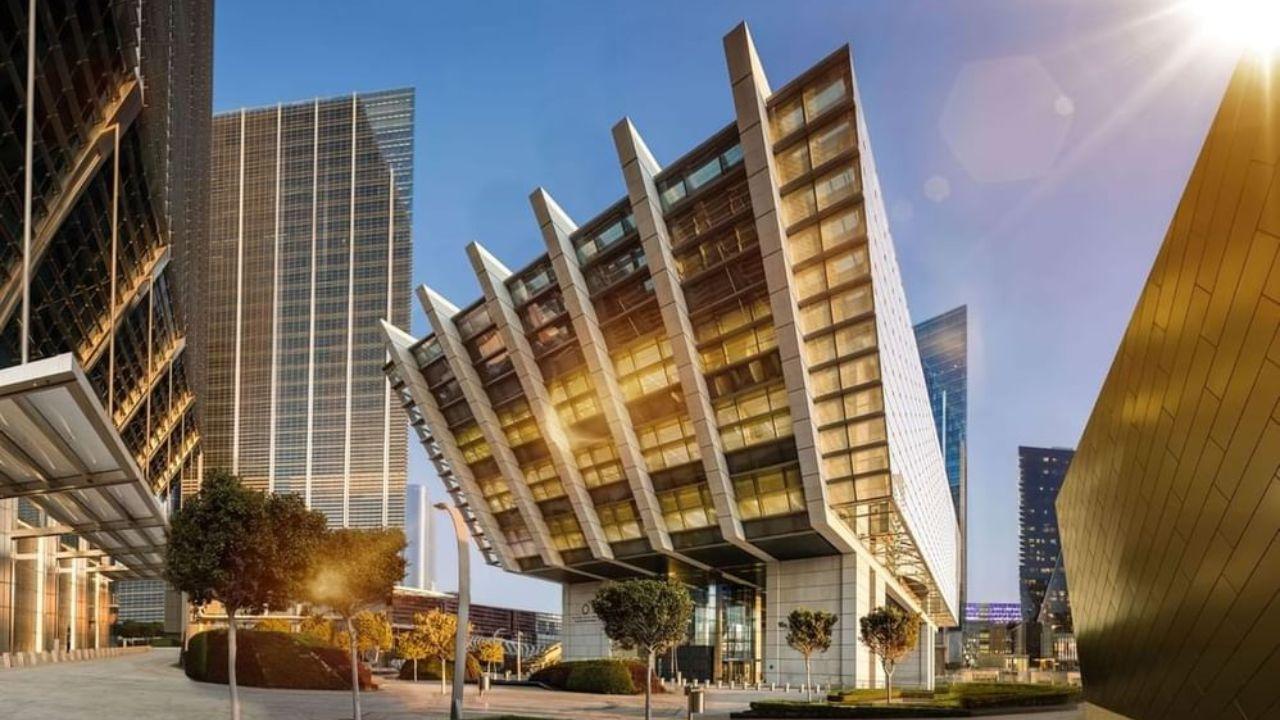
GCC launches unified 2025 guideline to boost investor relations
A new GCC-wide 2025 Investor Relations Guideline aims to unify practices, strengthen transparency an
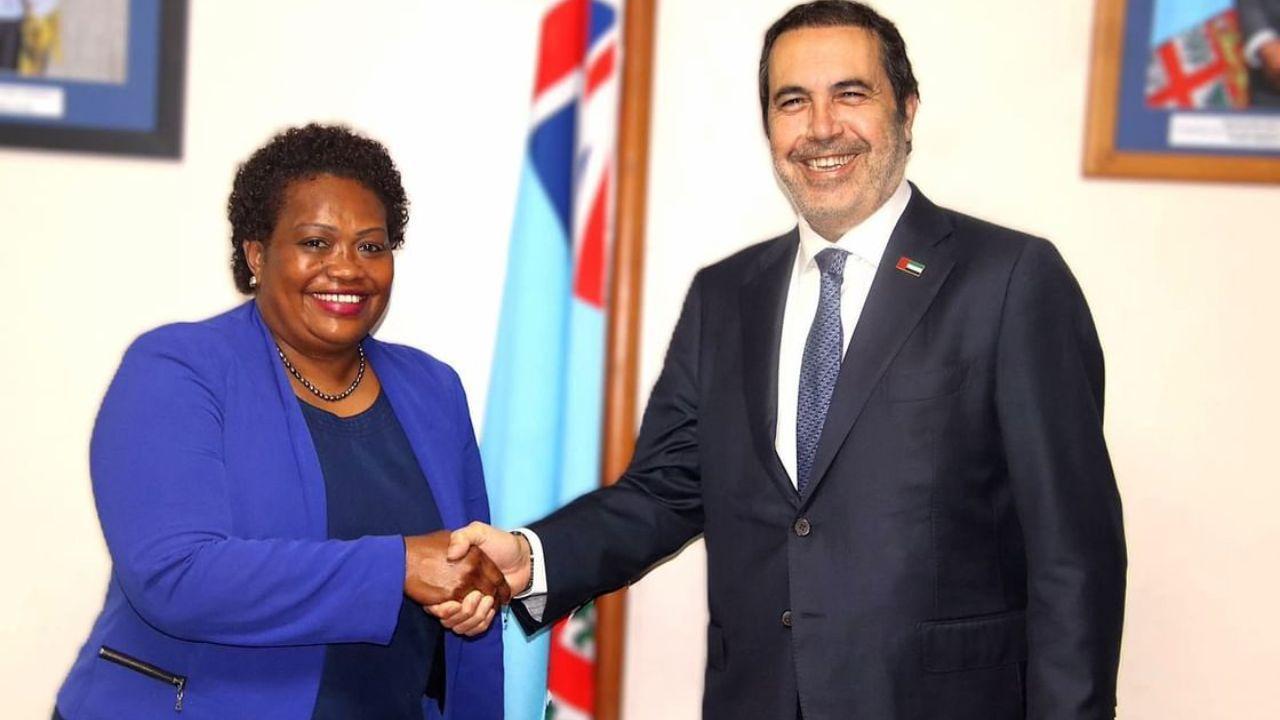
UAE and Fiji explore new paths of cooperation in key growth areas
A UAE delegation visited Fiji to boost ties in economy education sports and climate action, highligh
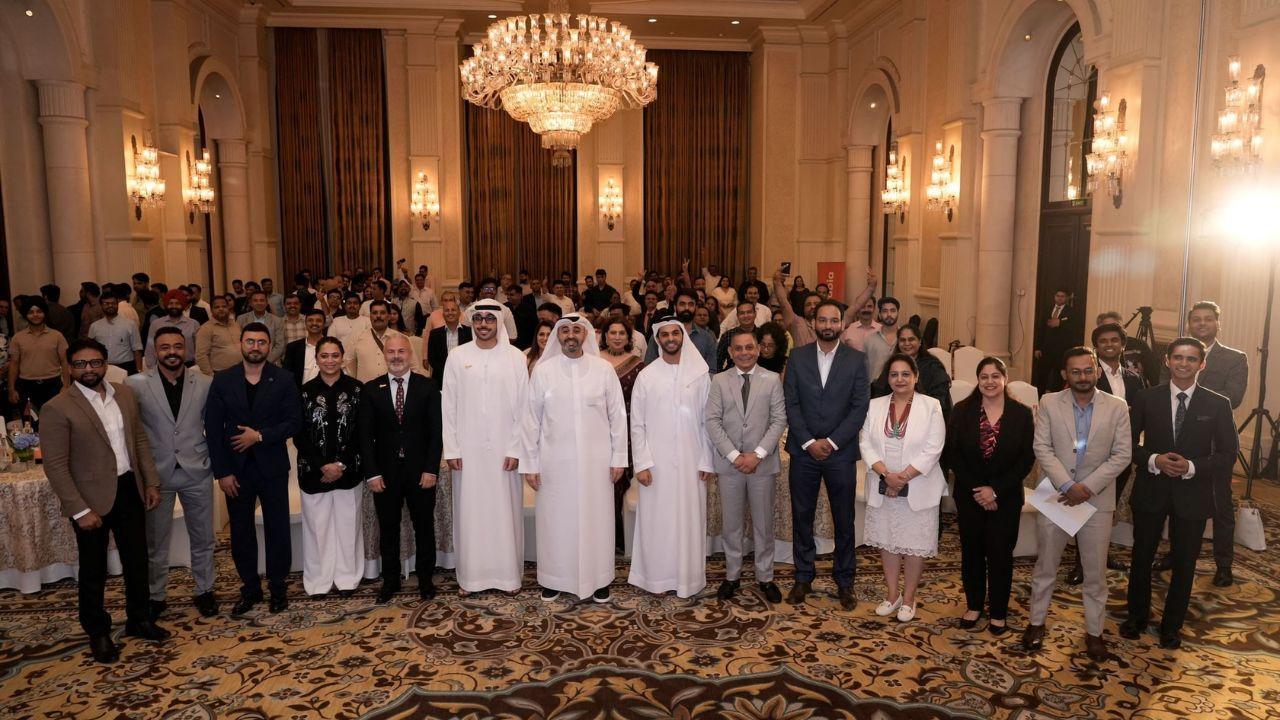
Sharjah boosts India tourism links with 2025 Mumbai Delhi roadshow
Sharjah concluded its India roadshow in Mumbai and Delhi, signing key deals, promoting tourism and r

Umm Al Qaiwain Unveils New Tourism Identity for Global Growth
Umm Al Qaiwain launches new identity to boost tourism, highlight heritage and attract global investm
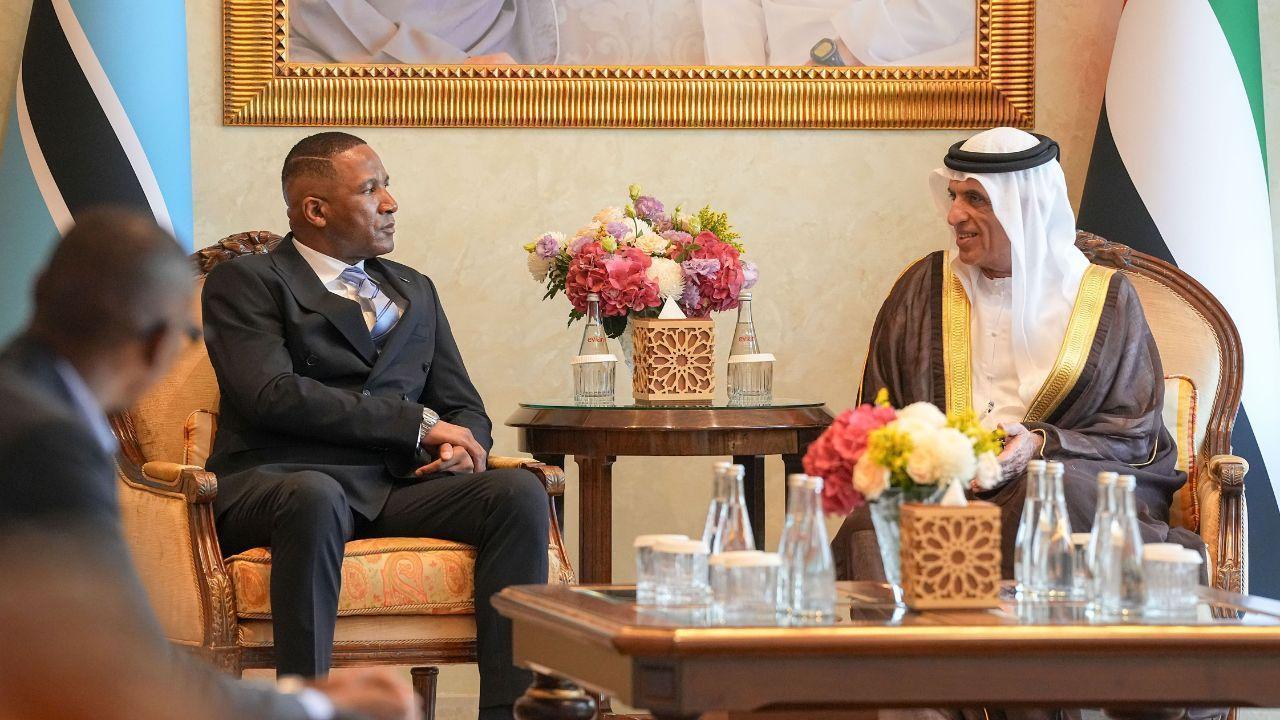
Ras Al Khaimah Ruler meets Botswana President to boost ties
Ras Al Khaimah Ruler welcomed Botswana’s President to discuss stronger ties, economic cooperation an
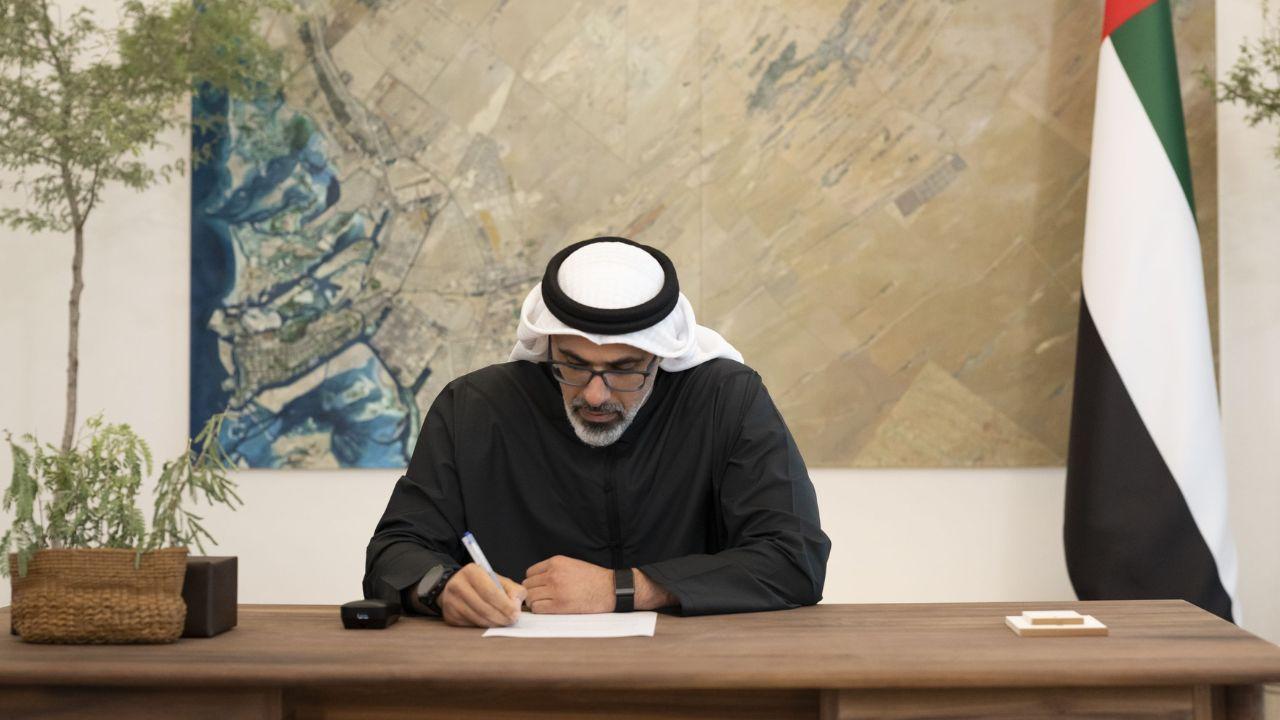
UAE Crown Prince joins BRICS Virtual Summit highlights unity
UAE Crown Prince Khaled bin Mohamed joined the BRICS Virtual Summit, stressing global cooperation, s
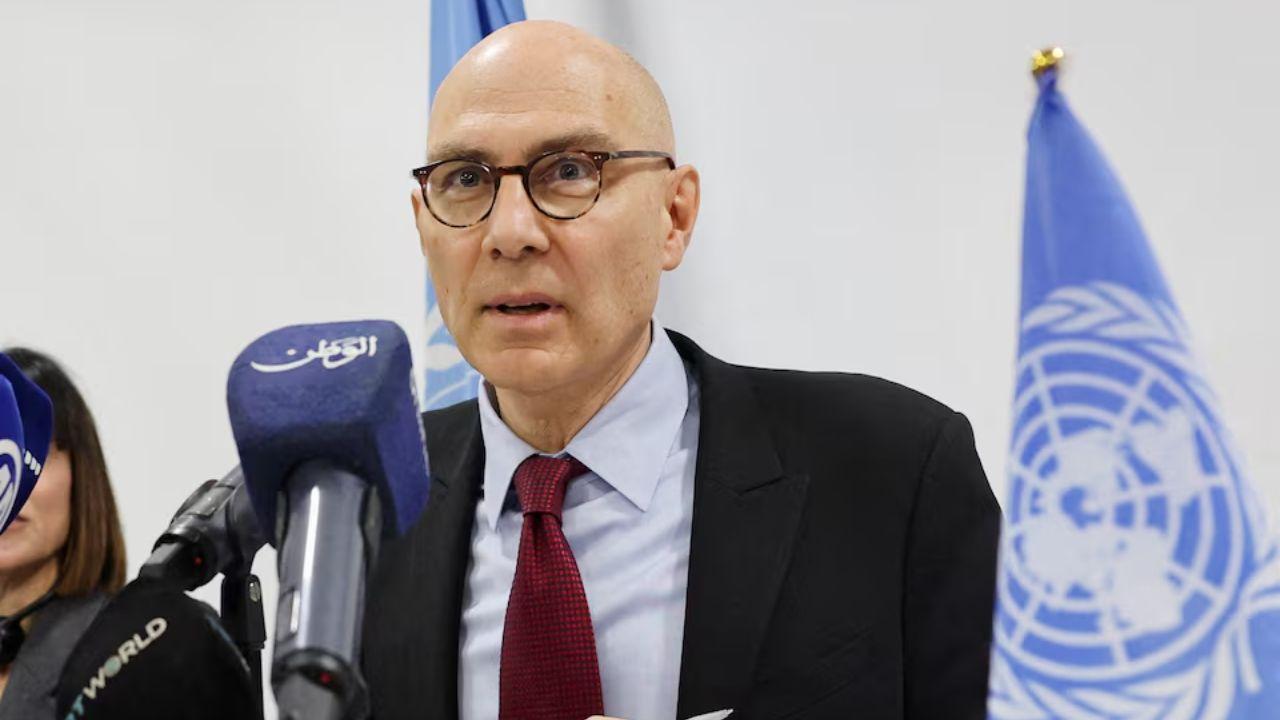
UN Rights Chief Condemns Israel’s Civilian Deaths in Gaza
UN rights chief condemns Israel for mass civilian deaths in Gaza, blocking aid, and using dehumanizi